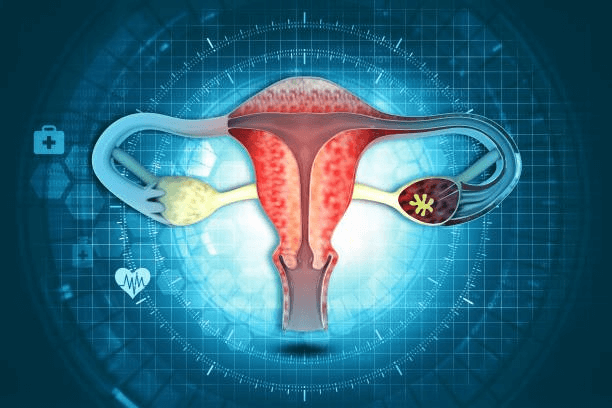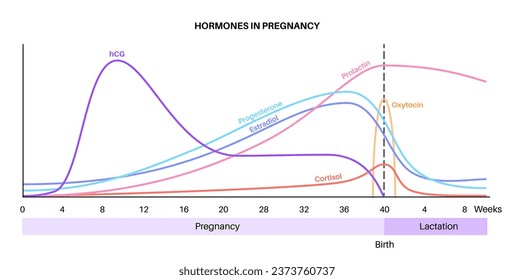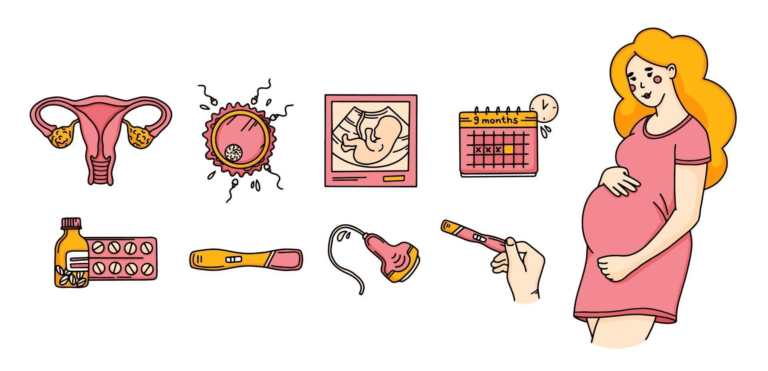Things I Wish I Knew Before Getting Pregnant

Pregnancy is an exciting journey filled with joy and anticipation, but it can also come with surprises. Many women feel unprepared for the changes they experience, both physically and emotionally. While books and advice from others can offer guidance, there are some things you only truly understand once you’re pregnant.
Here are some key things I wish I had known before getting pregnant. These insights can help you better navigate this life-changing experience and feel more prepared for the road ahead.
1. Pregnancy Is Different for Everyone
One of the most surprising things about pregnancy is how unique it is for each woman. No two pregnancies are alike, even for the same person. Some people sail through with minimal discomfort, while others experience intense morning sickness, exhaustion, or mood swings. The key is to be flexible and not compare your pregnancy to others. Embrace your journey as your own.
For those who find themselves struggling with nausea or unexpected food aversions, you’re not alone. These changes are very common during pregnancy. Learn more about food aversions and why appetite changes to better understand how to manage your cravings and dislikes.
2. Morning Sickness Can Happen at Any Time
Before getting pregnant, I always assumed morning sickness only happened in the morning. However, the term is misleading—nausea can strike at any time of the day (or night!). Some women only feel queasy in the first trimester, while others might deal with nausea well into their second or third trimester.
For many, certain smells or foods can trigger nausea. To help cope, try to eat small, frequent meals throughout the day and avoid greasy or spicy foods. If you’re feeling overwhelmed by the nausea, check out these first trimester survival tips.
3. You Might Not “Glow” All the Time
We often hear about the pregnancy “glow,” that radiant look of health and happiness. While some women do experience this, others may feel the opposite. Acne, dry skin, or other skin issues can crop up due to hormonal changes. Stretch marks and hair changes are also common.
Taking care of your skin and body during pregnancy can help. Moisturize regularly, drink plenty of water, and maintain a healthy diet. But remember, it’s okay if you don’t feel like you’re glowing every day. Pregnancy is a transformative time, and every woman’s body reacts differently.
4. Food Cravings and Aversions Are Real
Many women experience strong cravings for certain foods, while others develop aversions to things they once loved. It’s not unusual to crave ice cream or pickles, or to suddenly find the smell of coffee repulsive. These cravings and aversions are driven by hormonal changes and can vary widely.
If you’re struggling with a particular food aversion, it’s helpful to know you’re not alone. Check out this article on food aversions during pregnancy for more tips on how to manage your changing appetite.
5. Exhaustion Is More Intense Than You Think
The fatigue that comes with pregnancy is no joke, especially during the first and third trimesters. Your body is working hard to support the development of your baby, and that takes a lot of energy. You may find yourself needing to nap more often or go to bed earlier than usual.
Don’t be afraid to slow down and listen to your body. Rest when you need it, and don’t feel guilty for prioritizing sleep. A good night’s rest is crucial for both you and your growing baby.
6. Your Emotions Will Be a Rollercoaster
Hormones play a major role in pregnancy, and they can cause your emotions to swing wildly. You might feel ecstatic one moment and tearful the next. Mood swings are completely normal, but it’s important to communicate with your partner and loved ones about how you’re feeling.
Practicing mindfulness, journaling, or talking to a therapist can help you manage your emotions during this time. Self-care is essential, and taking time for yourself can make a big difference in how you handle the emotional ups and downs.
7. Prenatal Appointments Are More Frequent Than Expected
One thing I didn’t fully anticipate before getting pregnant was just how many doctor’s visits and prenatal appointments I’d need to attend. Your healthcare provider will closely monitor you and your baby’s health throughout the pregnancy, and these check-ups will become more frequent as your due date approaches.
These appointments are essential for ensuring both you and your baby are healthy, but they can be time-consuming. Be prepared for regular check-ins, tests, and ultrasounds, and try to schedule them ahead of time to make your life easier.
8. Your Body Will Go Through Unexpected Changes
Pregnancy changes your body in ways that can be surprising. Beyond the growing belly, you may notice changes in your hair, nails, and breasts. Your feet may swell, your back might ache, and even your posture could shift as your center of gravity changes. These changes are all part of the process, but some can be unexpected.
Taking care of your body with gentle exercises like walking, yoga, or swimming can help alleviate discomfort. Don’t forget to wear comfortable shoes and clothing as your body continues to change.
9. It’s Okay to Ask for Help
Pregnancy can be overwhelming at times, and it’s important to remember that you don’t have to do it all on your own. Whether it’s asking your partner to help more around the house or seeking advice from your doctor, don’t hesitate to reach out for support. It takes a village, and those around you are there to help.
10. The Importance of Staying Hydrated
One of the simplest yet most important pieces of advice for pregnant women is to stay hydrated. Your body needs more water than usual to support the extra blood volume and amniotic fluid. Dehydration can lead to headaches, fatigue, and even preterm labor, so make sure you’re drinking plenty of water throughout the day.
Conclusion
Pregnancy is a beautiful, transformative experience, but it comes with its challenges. From unexpected cravings and emotional ups and downs to physical changes and fatigue, there’s a lot to navigate. However, being prepared and informed can help make the journey smoother.
For more information on dealing with pregnancy symptoms and challenges, explore these helpful resources on food aversions and first trimester survival tips. With the right knowledge and support, you can embrace pregnancy with confidence and joy.






